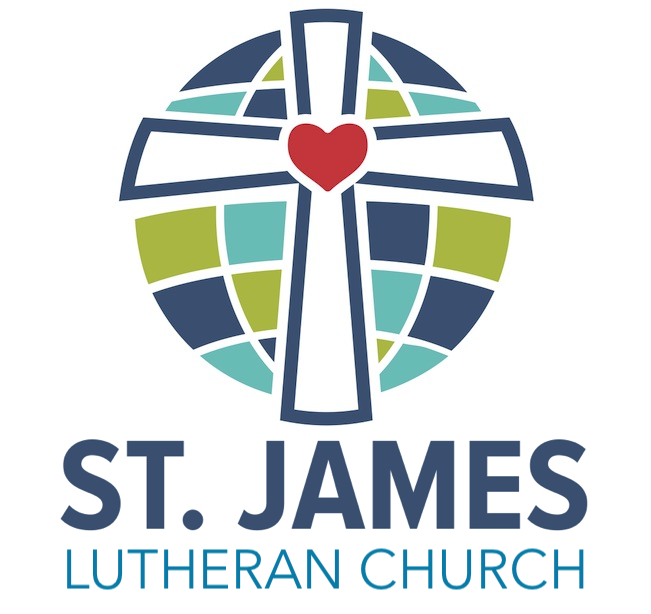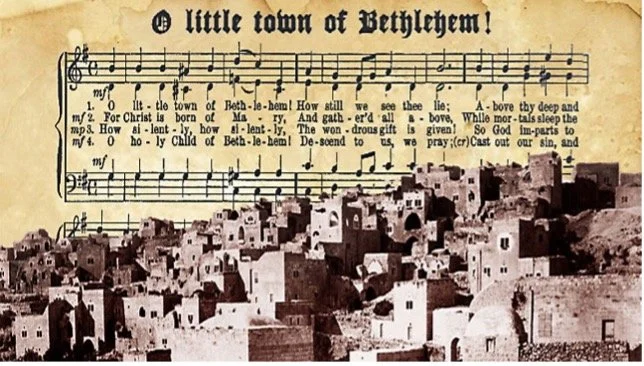O Little Town of Bethlehem
But you, Bethlehem Ephrathah, though you are small among the clans of Judah, out of you will come for me one who will be ruler over Israel, whose origins are from of old, from ancient times. Micah 5:2
I’d like to introduce you to Phillips Brooks. He lived during a troubled time in this country when our country was in Civil War mode. Born in 1835, he was well educated and attended Harvard University. This man of great stature (6′8″) was a charismatic evangelist and served as a chaplain in the war. After his assignment as a rector in Boston and Philadelphia, he became an Episcopal Bishop.
Phillips had a deep desire to visit the Holy Land. At the end of the Civil War in 1865, he went to Jerusalem and rode a horse to Bethlehem on Christmas Eve. Before dark, he left the town and rode out into the countryside where presumably the shepherds had been.
He wrote, “Before dark we rode out of town to the field where they say the shepherds saw the star. It is a fenced piece of ground with a cave in it, in which, strangely enough, they put the shepherds. . .. Somewhere in those fields we rode through, the shepherds must have been. As we passed, the shepherds were still ‘keeping watch over their flocks,’ or leading them home to fold.”
Brooks participated in the Christmas Eve service, writes hymnologist Albert Bailey, “conducted in Constantine’s ancient basilica (326 A.D.) built over the traditional site of the Nativity, a cave. The service lasted from 10 P.M. to 3 A.M.!” This sequence of events provided the backdrop for Brooks’ children’s hymn.
Phillips Brooks wrote this beloved Christmas hymn for the Sunday school children at his Philadelphia parish, Holy Trinity Church. After the children’s choir shared their song in 1868, it then appeared in The Sunday School Hymnal in 1871.
Louis Redner wrote the music and noted that the “simple music was written in great haste and under great pressure almost on the Eve of Christmas. It was after midnight that a little angel whispered the strain in my ears and I roused myself and jotted it down as you have it.”
Dr. Watson, another prominent hymnologist explains: “Not only does the hymn beautifully describe the little town asleep in the December night; it also gracefully modulates from a description of Christmas into an examination of the meaning of Christmas: first in its encouragement of charity and faith, and then into the coming of Christ into the human heart.”
Glorious God, thank You for the gift of Your Son. Help us to remember that the hopes and fears of all the years are met in Thee tonight. AMEN.

